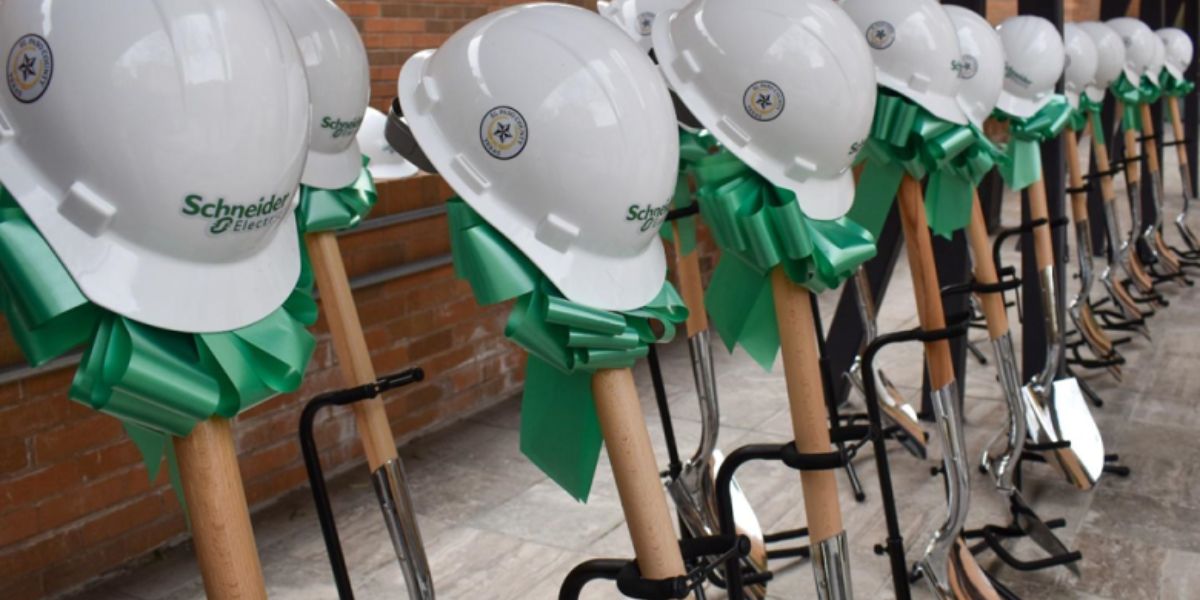El Paso, TX – In today’s fast-paced workplaces, tension and miscommunication can easily arise — especially in diverse teams navigating tight deadlines, customer demands, and economic uncertainty. But across El Paso, a growing number of businesses are finding success not through stricter policies, but through conflict resolution and communication training. From local startups to major employers, organizations are discovering that a culture of dialogue and empathy can boost morale, productivity, and retention.
A Shift Toward Communication-Driven Leadership
Traditionally, workplace conflict was treated as a disciplinary issue — something to be managed privately or ignored entirely. But companies in El Paso are reframing it as an opportunity for growth and collaboration.
Table of Contents
As Daniela Ramos, a certified mediator and violence prevention strategist based in El Paso, explains:
“Conflict isn’t the enemy — avoidance is. When businesses give employees tools to talk through problems respectfully, trust grows, and so does innovation.”
Many local employers are now partnering with mediation specialists and HR consultants to conduct conflict resolution workshops, where employees learn active listening, emotional regulation, and constructive feedback. The result is a noticeable drop in workplace stress and misunderstandings.
Training That Builds Emotional Intelligence
Businesses like El Paso Electric, Las Palmas Medical Center, and several local hospitality firms have begun integrating emotional intelligence (EQ) training into their professional development programs. These sessions teach employees how to recognize their own emotions and respond calmly to others — a skill essential for team harmony.
Participants practice techniques such as:
- Reflective listening to ensure understanding before responding.
- “I-statements” to express needs without blame (e.g., “I feel concerned when deadlines change suddenly”).
- Neutral body language to maintain openness during tense discussions.
Ramos notes that these strategies are particularly effective in multicultural workplaces like El Paso, where teams blend different communication styles, languages, and cultural expectations.
“In diverse workforces, misunderstandings can happen without bad intentions,” she says. “Conflict resolution helps people see differences as strengths, not threats.”
Mediation as a Workplace Resource
More El Paso businesses are now introducing on-site mediation services — informal sessions facilitated by trained mediators where employees can discuss disputes before they escalate.
Companies partnering with local organizations like Project Vida Workplace Wellness or Paso del Norte Community Collaborative report fewer HR complaints and improved employee engagement. Managers trained in mediation techniques act as neutral facilitators, helping staff identify shared goals and compromise fairly.
One business leader shared that after implementing monthly mediation hours, turnover dropped by nearly 25% within six months — a reflection of how resolving issues early prevents burnout and resentment.
Building Respectful Team Dynamics
Conflict resolution doesn’t just solve problems; it creates a culture of respect. Businesses using this approach find that employees feel more valued, which enhances cooperation and creativity.
Team-building activities now include restorative circles, similar to those used in community mediation programs. In these sessions, employees discuss communication challenges openly and propose solutions together. The focus is on listening, accountability, and shared responsibility — not punishment.
“When people feel heard, they’re more likely to collaborate,” Ramos says. “A healthy work culture isn’t one without conflict — it’s one where conflict becomes a bridge, not a wall.”
Reducing Workplace Stress and Preventing Burnout
Chronic workplace tension is one of the leading contributors to employee burnout. By teaching staff how to handle disagreements calmly, businesses reduce emotional exhaustion and increase job satisfaction.
Companies in El Paso’s healthcare and education sectors have reported that conflict resolution programs help staff manage high-stress interactions with patients, parents, or coworkers. Many employees say the training improved their confidence in handling emotionally charged situations, both at work and at home.
These benefits extend beyond productivity — they enhance mental health and overall workplace wellbeing, aligning with broader efforts across Texas to prioritize trauma-informed workplaces.
Leadership’s Role in Sustaining Change
For conflict resolution to truly improve work culture, leadership commitment is key. El Paso businesses leading the change are investing not just in training but in modeling the behaviors they want employees to adopt.
Managers who demonstrate transparency, fairness, and empathy set the tone for open communication. Some companies now require leaders to complete annual refresher sessions in mediation and inclusive communication, ensuring that conflict resolution stays embedded in daily operations.
“The best leaders in El Paso right now are the ones who listen,” Ramos says. “They don’t silence conflict — they guide it toward progress.”
The Business Case for Empathy
While the emotional benefits are clear, the financial ones are equally strong. Research by the Society for Human Resource Management (SHRM) suggests that conflict costs U.S. businesses an estimated $359 billion annually in lost productivity. By investing in early intervention and communication skills, El Paso companies are saving both time and money.
Local HR specialists report that workplaces using mediation see higher retention, fewer grievances, and stronger team performance — outcomes that directly support business growth and customer satisfaction.
From Tension to Teamwork
The success of El Paso’s workplace conflict resolution movement shows that prevention isn’t limited to violence or community settings — it belongs in boardrooms, warehouses, hospitals, and schools, too. By promoting empathy, respect, and dialogue, these businesses are proving that a peaceful workplace is also a more productive one.
“Conflict is inevitable,” Ramos concludes. “But when handled with care, it becomes a source of learning — not loss.”
What do you think?
Has your workplace introduced conflict resolution or communication training? Share your experiences or ideas in the comments below and explore more stories about building safe, respectful communities at reachviolenceprevention.org.









